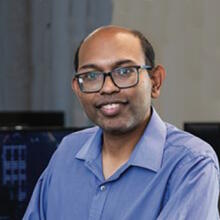


Dr. Ahmed is the President and CSO of VITRUVIAE, a privately held biotechnology company developing therapeutics and vaccines for cancer, infectious diseases, and mental illnesses. He was formerly the SVP and CSO of Y-mAbs Therapeutics, a commercial stage public biotechnology company, and a faculty member in the Department of Pediatrics at Memorial Sloan Kettering Cancer Center. Dr. Ahmed is an expert in antibody and protein engineering and has co-chaired the Engineering Bispecific Antibodies track at the PEGS Boston meeting for the past 7 years. He received his PhD in Biochemistry and Structural Biology from Stony Brook University, followed by post-doctoral training in cancer immunology at Memorial Sloan Kettering.
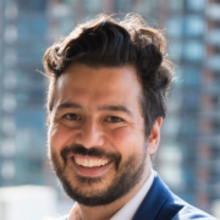
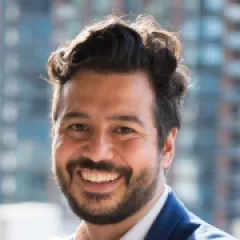
Lucas is trained in computational biophysics and protein engineering. Prior to Cyrus he was a Translational Investigator & Senior Fellow at the Baker lab at UW, developing small-molecule binding proteins and protein design algorithms. Lucas is the founder of PedalAnywhere, an online-only bicycle rental company.
Lucas’ scientific work includes a patented computationally designed enzyme, an RNA-dynamics-modeling software toolkit (built during his Ph.D. with Eugene Shakhnovich and Xiaowei Zhuang at Harvard), and algorithm optimization for automation of computational protein design. Harvard A.B., Biochemical Sciences (summa cum laude and Goldwater Scholar) and Ph.D., Biophysics; Hertz Fellow.
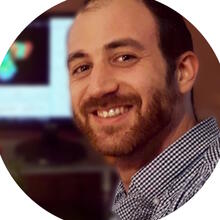
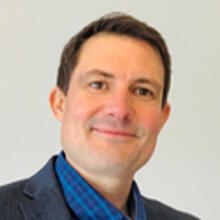
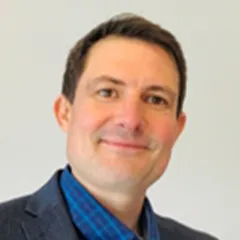
Expertise: Materials Modeling & Simulation; Energy Production & Storage; Polymer Resins & Composites; Pharmaceutical Development; Materials Science On Cloud & On Premise; Sustainable Products & Processes
With background in soft materials, James has worked with customers in applying BIOVIA’s molecular modeling and simulation solutions to innovate new materials for more than twenty years, and is currently the Product Manager for Materials Studio. He has publications and patents in a range of topics, and is especially interested in the application of coarse-graining methods and scale bridging strategies for enabling multiscale-multiphysics models.
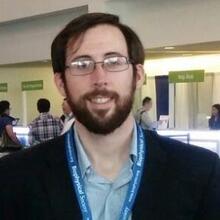
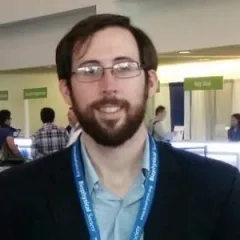
Expertise: Computational Chemistry, Molecular Dynamics, Protein Engineering, Drug Discovery, Machine Learning
Bio: Dr. Reed HARRISON is a R&D software engineering specialist at BIOVIA, Dassault Systèmes. With a background in protein engineering, computational chemistry, and bioinformatics; a Ph.D. in bioengineering; and an interest in methods to probe and engineer the protein structure-function paradigm, Reed has worked to support protein modeling and simulation activities in BIOVIA.
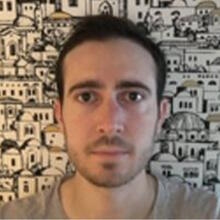
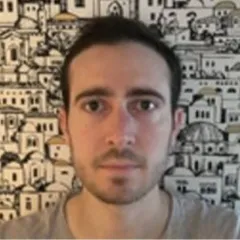
Dr. Alexandre CABAYÉ is working as solution consultant for the last 5 years and has an extensive experience in research on small molecules and protein modelling. He holds his Ph.D in Molecular Modelling from the University of Paris Cité.

I would be glad having you by my side for this webinar about how a physic property of great importance for the polymer industry, the glass transition, can be molecularly visualized.
Armand Soldera is a professor and dean of the Faculty of Science at the Université de Sherbrooke (Quebec, Canada). He previously served as head of the Department of Chemistry, director of the Quebec Centre for Functional Materials, and vice-dean for Development and Partnerships. In 2024, he was awarded a Doctorat honoris causa by the Université de Montpellier for his academic contributions and international collaborations. He earned his Ph.D. in Molecular Physical Chemistry from the Université de Strasbourg (France) and completed postdoctoral research at Université Laval (Canada) and the University of Groningen (Netherlands). His research explores the interplay between micro- and macroscopic scales in soft matter, integrating molecular simulations and experiments to study polymers, liquid crystals, and organic glasses. He is co-editor of Advanced Materials (de Gruyter, 2020), Editor-in-Chief of Organic Materials and Composites Chemistry Africa (Springer), and also Science Ambassador for BIOVIA.
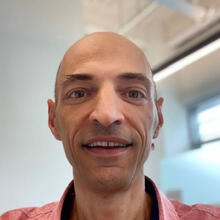
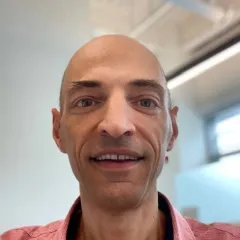
Jason DEJOANNIS is an application scientist with 16 years in the BIOVIA brand. Prior to that he “earned” a PhD in chemical engineering from the University of Florida playing with toy polymer models on the computer.


Expertise: Biotherapeutics drug discovery, Systems Biology
Bio: Laurent is Product Manager for systems biology, data analytics and retrosynthetic chemistry applications at BIOVIA R&D, Dassault Systèmes. Previously, he has been working for 25 years in the pharmaceutical industry, leading bioinformatics teams and projects for the discovery of small molecules and biologics. Laurent has a master degree in bioinformatics from the Versailles University

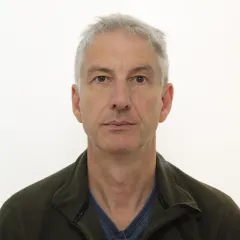
Marc MEUNIER, Ph.D., principal field application scientist and Science Council Fellow at BIOVIA, holds a master's from Pierre and Marie Curie University (Fr) and received a doctorate in chemistry from Bangor University (UK). After completing his doctorate he worked as a postdoctoral research fellow at Imperial College, London. He joined BIOVIA in 2000 as a product specialist for materials modelling. MEUNIER's research interests include the study of nanodielectrics, the simulation of polymeric materials used in membrane technology, pharmaceutical materials science and more recently the growing field of materials informatics. He is on the editorial board of the journal Molecular Simulation; his publications appear in Chemical Physics, Applied Physics and Polymer journals; and he has recently edited a book entitled "Industrial Applications of Molecular Simulations.
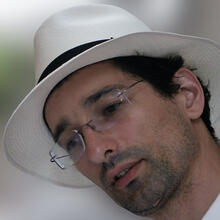
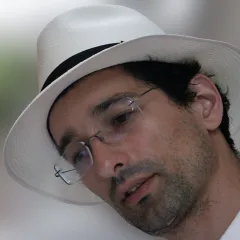
Gabor CSÁNYI is professor of molecular modelling at the University of Cambridge. He obtained his Ph.D. at the Massatchusetts Institute of Technology in 2001, then spent six years at the Cavendish Laboratory in Cambridge before joining the faculty of the Engineering Laboratory. His early interests were in concurrent multiscale modelling in the condensed phase, and later he developed the application of machine learning tools to derive first principles force fields from electronic structure data. He was the recipient of the Leverhulme Early Career award, the F. W. Bessel award of the Alexander von Humboldt foundation and the Argyris Visiting Professorship


Floriane ESHAK graduated with a Bachelor's degree in Pharmacy from the German University in Cairo, Egypt in 2018. She then completed her Master’s degree in In Silico Drug Design atthe University of Paris, France in 2020. In 2021, she started her Ph.D. at the University Paris Cité, working on analyzing and developing nanobodies binding to metabotropic glutamate receptors using in silico tools under the supervision of Dr. Anne GOUPIL (Biovia, Dassault Systèmes), and Dr. Francine ACHER (University Paris Cité), and was funded by the National research agency. She obtained her PhD in 2023. Floriane then continued her research career as a postdoctoral researcher at the University Paris Cité and has recently completed a successful internship at Dassault Systèmes.
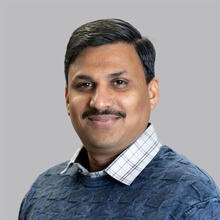
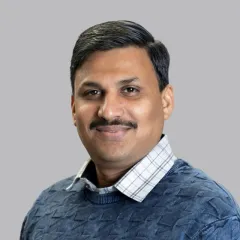
Dr Rupesh V. CHIKHALE works as a Research and Application Scientist at the Cambridge Crystallographic Data Centre, Cambridge (CCDC), Cambridge, UK. He earned his Ph.D. in pharmaceutical sciences and did several postdocs at the University of Manchester, the University of East Anglia, and the University College London, U.K. With more than 15 years of experience in various areas of drug discovery, he is spearheading research in the application of generative AI in drug discovery. He specializes in medicinal chemistry, analytical chemistry, and computer-aided drug discovery. He focuses on developing novel anticancer and anti-infective agents targeting protein targets and conventional and non-conventional DNA structures. With his keen interest in developing novel strategies for targeting tuberculosis his current research is focusing on applying AI and Physics-based methods in drug discovery.